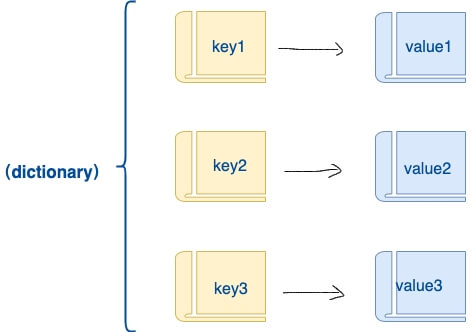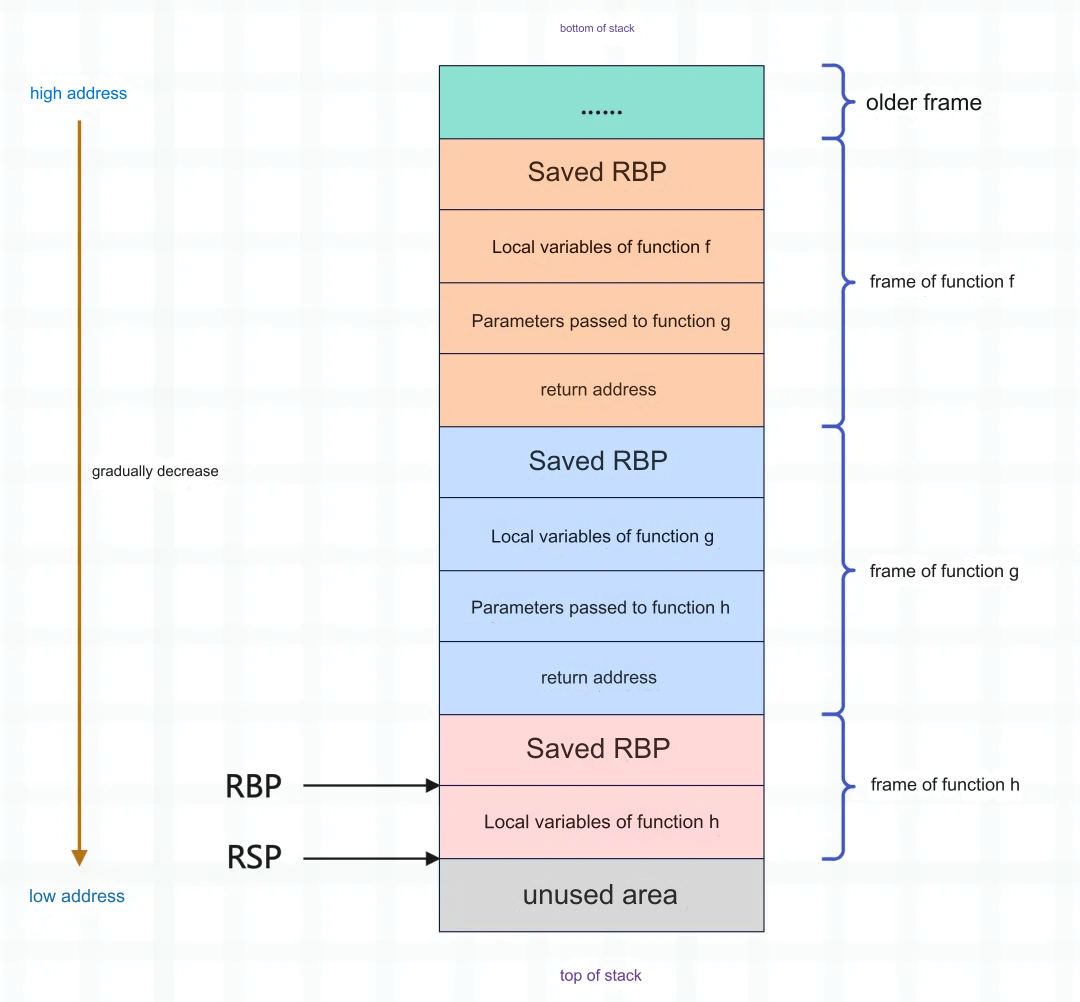In Protobuf, the behavior when trying to access an undefined field depends on how you attempt to access that field.
When using Protobuf in Python, if you try to access a field that is not defined in the .proto file, you will encounter an AttributeError because the corresponding field attribute does not exist in the compiled Python class.
For example, consider the following Protobuf message definition:
message ExampleMessage {
string field1 = 1;
}Now, the corresponding Python code attempts to access a non-existent field:
import example_pb2 message = example_pb2.ExampleMessage() print(message.field1) # This works because field1 is defined in the .proto file print(message.field2) # This will raise an error because field2 is not defined in the .proto file
When trying to print message.field2, an AttributeError will be raised because this attribute does not exist in the Python class generated by the Protobuf compiler.
However, if you use dynamic access (such as with the getattr() function), Python's behavior can avoid raising an error by returning a default value if the attribute doesn't exist:
print(getattr(message, 'field2', 'DefaultValue')) # This will output 'DefaultValue' instead of raising an error
In this case, getattr attempts to access field2, but since it doesn't exist, it returns the default value 'DefaultValue'.
Key Takeaways:
Directly accessing non-existent fields by attribute name will result in an error.
Using built-in functions like
getattrallows you to provide a default value and avoid errors.When working with Protobuf objects, it is always best to only access fields explicitly declared in the
.protofile.






